The Aftermath of Hurricane Laura
September 16, 2020
On August 27th, a Category 4 storm named Hurricane Laura made landfall in Cameron, Louisiana and traveled inland, leaving a path of destruction in its wake. Today, debris litters the streets of several cities and towns. Close to a million households are without access to any power as complications from the hurricane contributed to the rising fatalities. Currently, the death toll in Louisiana is at 25, and thousands have lost their homes, with numbers still going up, as a process to survey damage and rebuild begins.
According to The Wall Street Journal, Hurricane Laura was expected to be the strongest storm to hit the Gulf Coast since Hurricane Katrina in 2005. However, as the storm hit the coast of Lousiana with winds up to 150 miles per hour, it was clear that Hurricane Laura had struck with more power than even the infamous Hurricane Katrina. Hurricane Laura continued its destructive path inland, devastating multiple cities and towns in Louisiana, Texas, Florida, Mississippi, and Arkansas. Nearly a million households were left without electricity for days, and countless buildings in the affected areas were submerged in water and destroyed, with collapsed walls and missing roofs.
Electricity outages are rampant throughout multiple states, but Louisiana is experiencing the worst, with more than half a million people still without power. Following the power outages, heat-related illnesses took seven lives in Beauregard Parish, Grant Parish, Rapides Parish, and Vernon Parish. Attempts to use generators in homes have led to carbon monoxide poisonings, with seven people in Calcasieu Parish and two people in Allen Parish being reported as dead.
Although the hurricane may have passed, the victims continue to struggle from the lasting damages left behind by Hurricane Laura. Nic Hunter, the mayor of Lake Charles, Louisiana— one of the hardest-hit areas of Hurricane Laura— said it was unclear when electricity and water supplies would be restored. “It’s going to take years,” said Michael Petry, a resident of Lake Charles, surveying the damage around his community. “There aren’t people to fix all the things. There aren’t enough roofers in South Louisiana.”
But even considering all of the damages and tragedy, many are still hopeful that their many efforts will make a difference and salvage Louisiana.

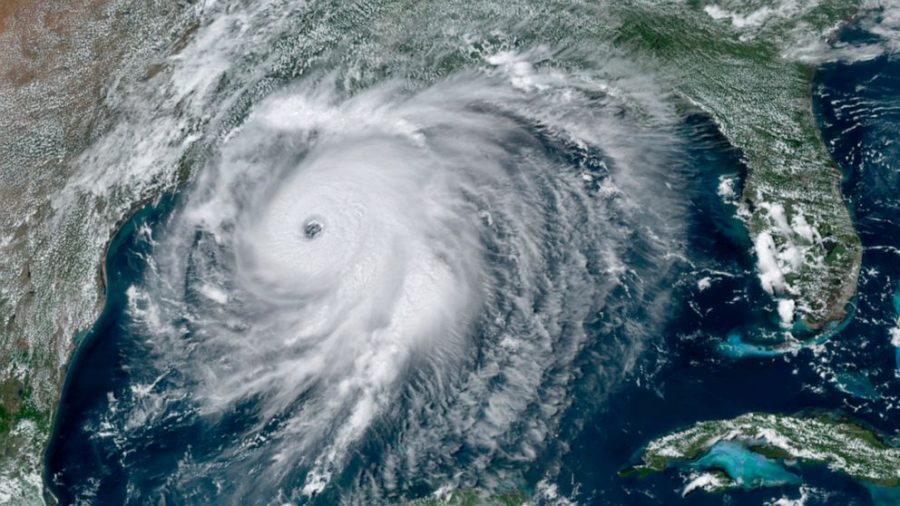

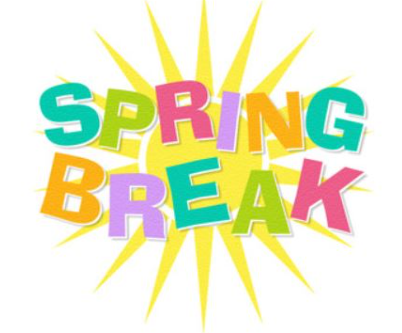

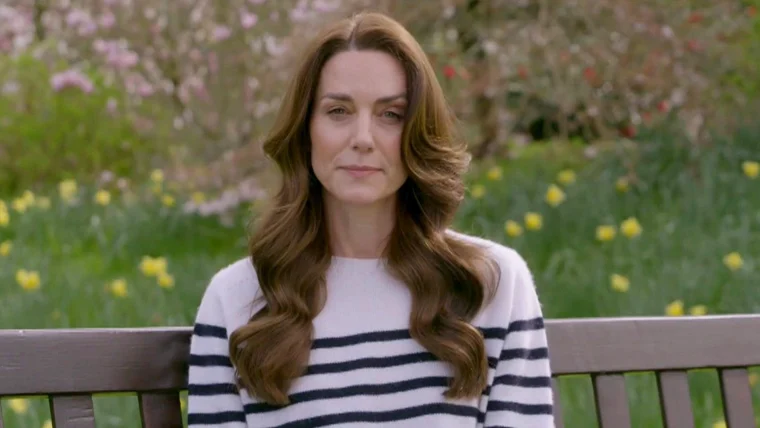






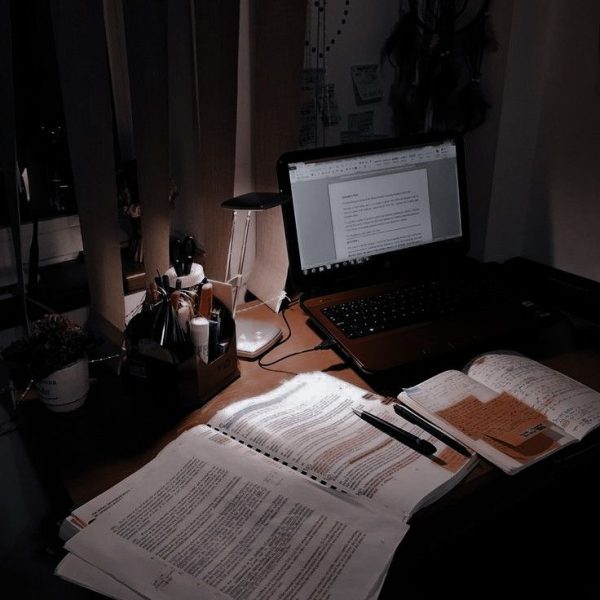
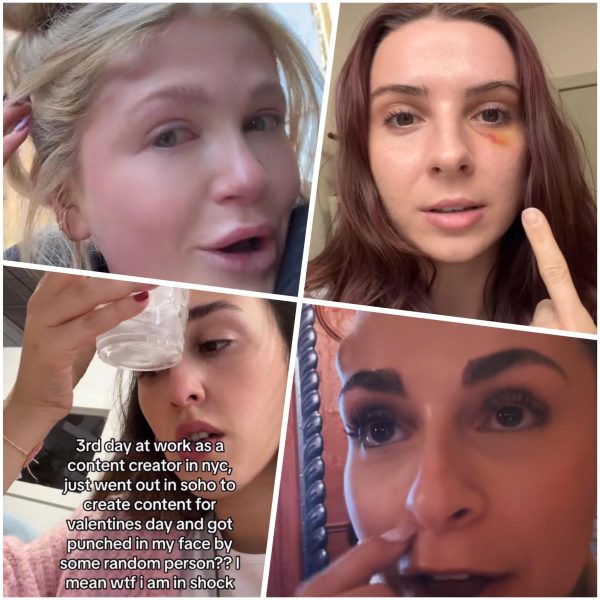


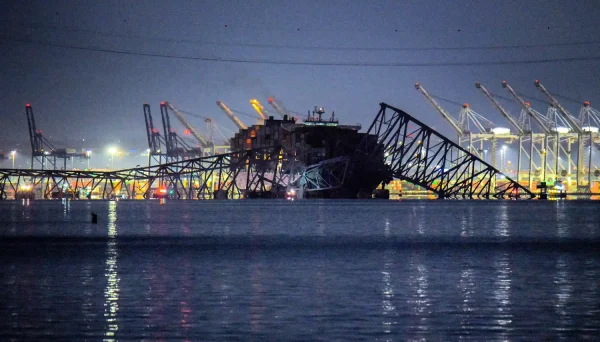

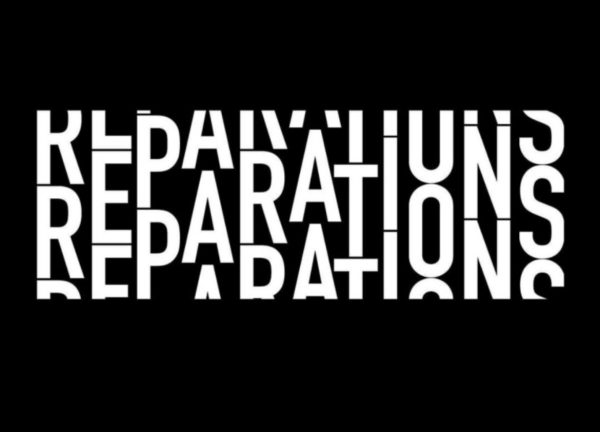



Megan Cai • Sep 22, 2020 at 1:49 pm
This was written fantastically. It was clear and concise which is exactly the type of reporting needed today. Great job Precious!